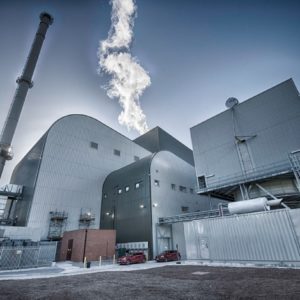-
DNV Energy Transition Outlook for UK finds it is off track on net-zero targets
Date posted:
-
-
-
Post Author
Patrick LaveryCombustion Industry News Editor
-

DNV has released its Energy Transition Outlook report for the UK for 2024, packed with interesting information, projections, and commentary. With some political momentum on decarbonisation lost, as geopolitics and shorter-term economic considerations push to the fore, the outlook sees more fossil fuels being used in 2050 than the first edition did in 2022 – overall, ‘Net Zero by 2050’ is not on track.
Instead of a 100% reduction in net emissions, the estimate is that an 85% reduction will be achieved from 1990 levels by mid-century. In 2050, 35% of primary energy supply is expected to be provided by oil and gas (down from the current 80%), while projections around the use of hydrogen are less certain in the absence of “a clear, UK-wide strategy on the demand and supply of this crucial decarbonisation fuel”.
There is good news on carbon capture and storage, however, with heightened government support for the technology, along with expected higher carbon permit prices which are projected to rise from US$75/tonne presently to $150/tonne by 2030 and $250/tonne by 2050. Total installed capacity for CCS is expected to be around 11 MtCO2/year by 2030, and 19-40 MtCO2/y by 2035, depending on, amongst other things, the carbon price. Nevertheless, there is fundamentally a “gap between targets and the policy needed to drive industry to scale.” The report notes that the “national power grid needs significant scaling” and that “pipeline infrastructure needs to be tested and upgraded”, while home insulation must become a priority.
Interestingly, the report forecasts that while net average household expenditure on energy will be higher than 2021 levels until 2025, it will thereafter be lower, hitting around 20% lower by 2040 and then nearly 40% by 2050. At the same time, total energy demand is expected to fall by about a quarter to 2050, mostly because of efficiencies brought by electrification; indeed, consumption of electricity is set to increase.
To put the UK back on track for net zero by 2050, the report recommends that the kingdom treble its investment in the grid, push strongly on energy efficiency measures, place more of a focus on integrated systems, modify the electricity pricing model, and adopt a clear hydrogen (and associated fuels) strategy.
